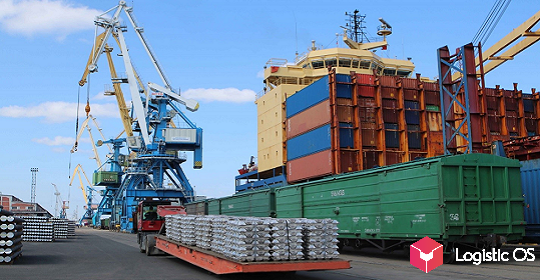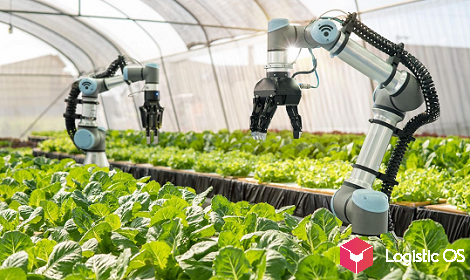According to the latest data, the total export of soybeans and rapeseed to China in 2023 reached $1 billion in monetary terms.
Over the past year, China bought a significant amount of soybeans from Russia: more than $740 million.
This is twice as high as in 2022. As for rapeseed supplies, they increased several times: from 43 million dollars to 210 million.
At the same time, rapeseed exports increased significantly in physical terms: 2.5 times, up to 350 thousand tons. But soybean supplies against this background increased by only 3% in physical terms.
In parallel, the Russian Federation is developing the export of other crops to China.
For example, grain exports increased 3.7 times, in monetary terms it amounted to about $325 million.
Wheat is actively supplied to China (increase in supply volumes by more than 10 times), barley (by more than 5 times), and corn (by more than three times).
Currently, Russia and China are also trying to agree on increasing the volume of supplies of other types of agricultural products.
For example, discussions are currently underway on the supply of semolina and rye flour. The main challenge here is to harmonize the various quarantine requirements for the supply of such products.
It is expected that once this is done, all supply bottlenecks will be removed.
Processing of export products is still insufficient
The executive director of the Fat and Oil Union, Mikhail Maltsev, believes that the existing levels of export duties, for example, on soybeans, do not sufficiently stimulate the Russian agro-industrial complex to process products.
As a result, a significant part of the harvest is exported in the form of raw materials.
Currently, China buys up to 85% of all export soybeans from the Russian Federation, with a relatively small part in processed form. And we need to work on this.
“Now we are able to process the entire domestic soybean harvest, but in the Far East, where an impressive amount of this crop is harvested, the capacity is not yet sufficient.
Over the next five to seven years, this situation should change,” says OleoScope analyst Kirill Lozovoy.
The situation is similar with rapeseed.
Theoretically, its export abroad is prohibited, but there is an exception — the checkpoint in Zabaikalsk. A significant part of the harvest goes through it, mainly also to China.
The presence of this point significantly reduces the ability of the Russian agro-industrial complex to process rapeseed.
At the same time, in general, foreign buyers are interested in purchasing processed products. For example, last year China purchased twice as much soybean and rapeseed oil as the year before.

